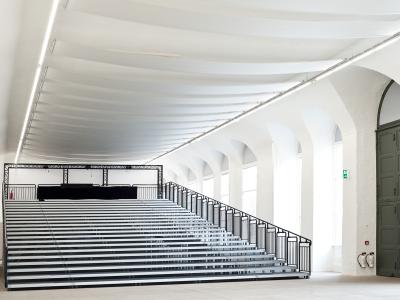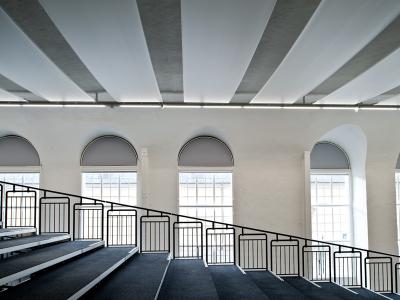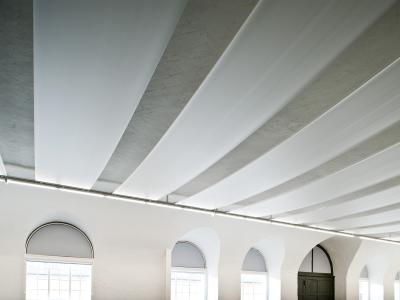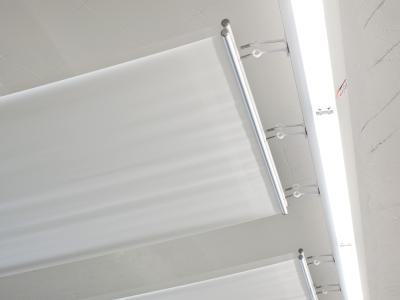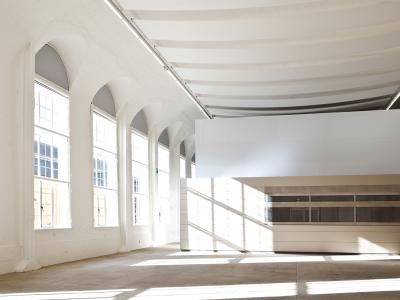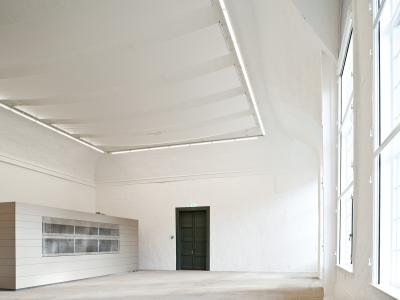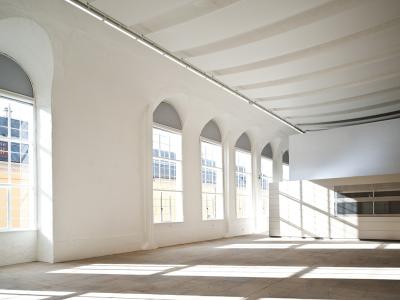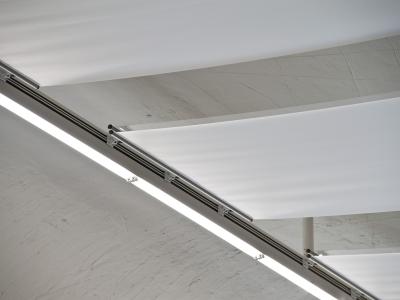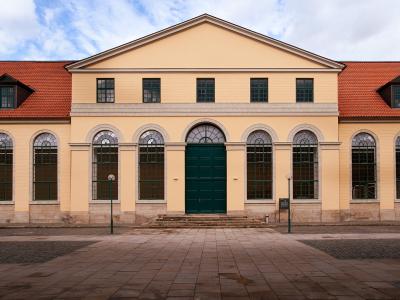Client: Capital of Lower Saxony, Hanover, Building Management Division
Photos : Thilo Müller, Jochen Stüber
At the end of the 17th century, the Guelph prince-electors built a summer residence outside the city gates of Hanover, making the manor houses a cultural magnet in Europe. The 50-hectare "Große Garten" (Great Garden) is the historic centerpiece and one of the most important Baroque gardens in Europe. At the end of the 17th century, Princess Electress Sophie was particularly fond of it.
By 1720, there were over 600 royal orange trees growing here, and the gallery building no longer had enough room to house them during the winter season. That's why Johann Christian Boehme, the court architect, designed the Orangerie, a building 78 meters long, 14 meters wide and 7 meters high. Its neoclassical facade with single-storey timber-frame construction was designed in 1819 by the court architect Ludwig Georg Friedrich Laves. Since 1969, the Orangerie has been used exclusively for cultural events. The Orangerie can accommodate from 150 to 1,500 people, depending on the seating arrangements.
In 2012, 3 million euros were spent on its complete renovation. The building, a listed historic monument, was repainted, given a new roof and fitted with a new smoke detector and additional loudspeakers. Optimum acoustics and a pleasant atmosphere are essential for the many cultural events held here. It is necessary to reduce reverberation times in order to harmonize the requirements of the building, the historic monument and the performances.
To achieve this interaction, MICROSORBER® is the ideal solution: the acoustically efficient foil absorbers are discreetly integrated into the ceiling. 800 m2 of translucent MICROSORBER film were attached in 9 m sections, in double layers, to the existing crossbeams fitted with illuminated benches. This significantly reduced reverberation time. Thanks to MICROSORBER®, artists and spectators benefit from optimum acoustic conditions, and can fully appreciate the most varied of events.
